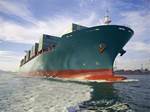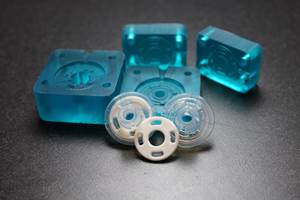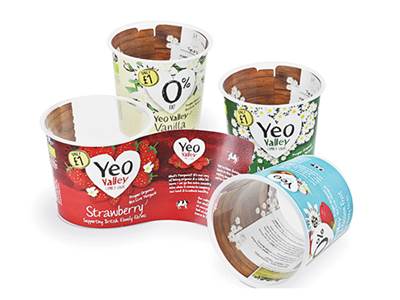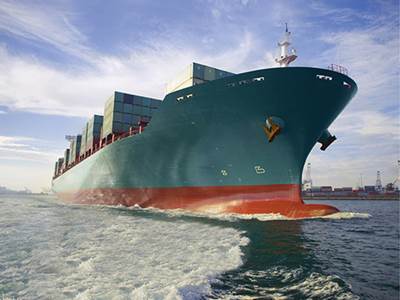What Comes Around Is Going Around…Very Quickly
EDITORIAL
The game is changing. Reshoring is occurring at a rate faster than most expected.
Almost five years ago to the day, on this very page I wrote an editorial about offshoring. I waxed nostalgic about my parents and the factory they owned, during my childhood, in my hometown of Jersey City, N.J. (later relocated to nearby Bayonne), where they employed 30 or so sewing-machine operators. They would receive cut material from dress manufacturers (sleeves, belts, collars, zippers, etc.) and sew the pieces together following their customer’s pattern. They were a unionized, custom job shop.
They ran a good 大象传媒 for close to 40 years; but the U.S. garment industry was likely the first enterprise—even before toys—to migrate from our shores to the Far East, where people (sometimes children) worked for pennies an hour around the clock in deplorable conditions. And when that 大象传媒 left the U.S., it went fast. My parents were able to sell the 大象传媒, but now there is a bank where the factory used to be.
I tried in that article to connect my parents’ experience to that of plastics processors.
During that very difficult time for all of U.S. manufacturing, both processors and moldmakers were losing 大象传媒 left and right to offshore competitors. I closed that column five years ago by offering advice on what plastics firms should consider to stem the offshore wave of the time.
My goodness, how things have changed in just five short years.
In an article that ran in of The New York Times, it was reported that textile producers from countries like China are starting to open up plants in North America. The article discussed in particular the Keer Group’s cotton mill in Indian Land, S.C. This long-closed plant reopened in March, with local employees being trained by Chinese on the jobs they used to do in China. The article pointed out that textile production in China has become increasingly unprofitable after years of rising wages, higher energy bills and mounting logistical costs, as well as new government quotas on the import of cotton. At the same time, the U.S. has become more competitive, particularly in terms of energy cost and available workforce.
We’ve been reporting on the same kinds of things in plastics, and not only about companies in China setting up shop here (such as cutlery supplier Fuling Plastics, which opened its first plant outside China—Fuling Plastics USA—in an 88,000 ft² plant in Allentown, Pa.). Processors from Europe in packaging, electronics, and medical devices have also moved to establish manufacturing operations in the U.S., as we’ve reported, and next month we’ll have a story on a new TPE plant in the Chicagoland area that has roots in China.
In The Truth About Reshoring, a feature article by Senior Editor Tony Deligio in our March 2014 issue, Frank Russo, CEO and cofounder of Fabricating.com, a cloud-based sourcing marketplace that offers exclusively American-made custom parts, put it like this: “Reshoring is not a fad. It’s a real supply-chain strategy based on real economic forces.”
This represents both opportunity and challenge for North American plastics processors. The opportunity is self-evident. The challenge? Finding and training the additional workface necessary to handle the additional work. That’s a topic for another day.
Related Content
Freeform Injection Molding Eases the Path to Medical Device Product Testing
A development and manufacturing service provider is using dissolvable molds to build injection molded silicone prototypes.
Read MoreKraussMaffei Nears Completion of Corporate Headquarters Move
The 185-yr old German maker of plastics processing machinery is shifting to a more than 200,000-m2 greenfield site in Parsdorf.
Read MoreInsight Polymers & Compounding Unveils New Conductive Products Line
The new conductive products line will also be produced for injection molding and extrusion.
Read MoreNPE 2024: Additive Manufacturing Assisting, Advancing Plastics Processing
Exhibitors and presenters at the plastics show emphasized 3D printing as a complement and aid to more traditional production processes.
Read MoreRead Next
Global Processors Establishing U.S. Footprint
Two major international processors establish plants in central Pennsylvania to serve the U.S. market.
Read MoreThe Truth About Reshoring
Reshoring is not just a buzzword, it鈥檚 an economically driven correction to a supply chain that had become unbalanced.
Read More








